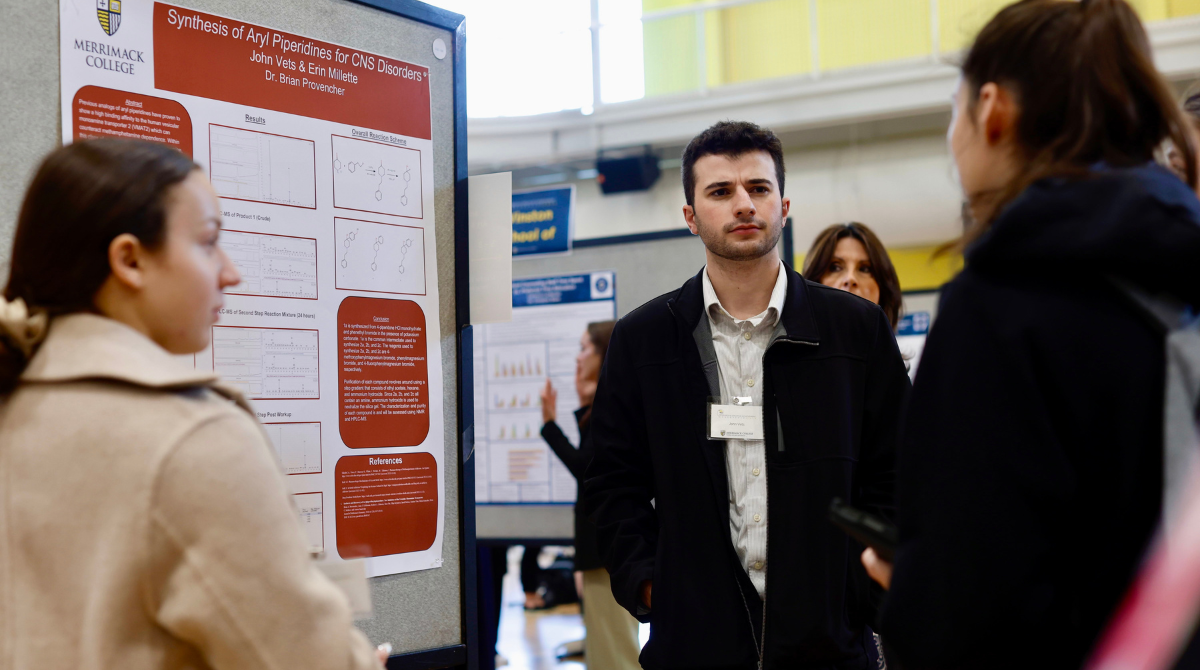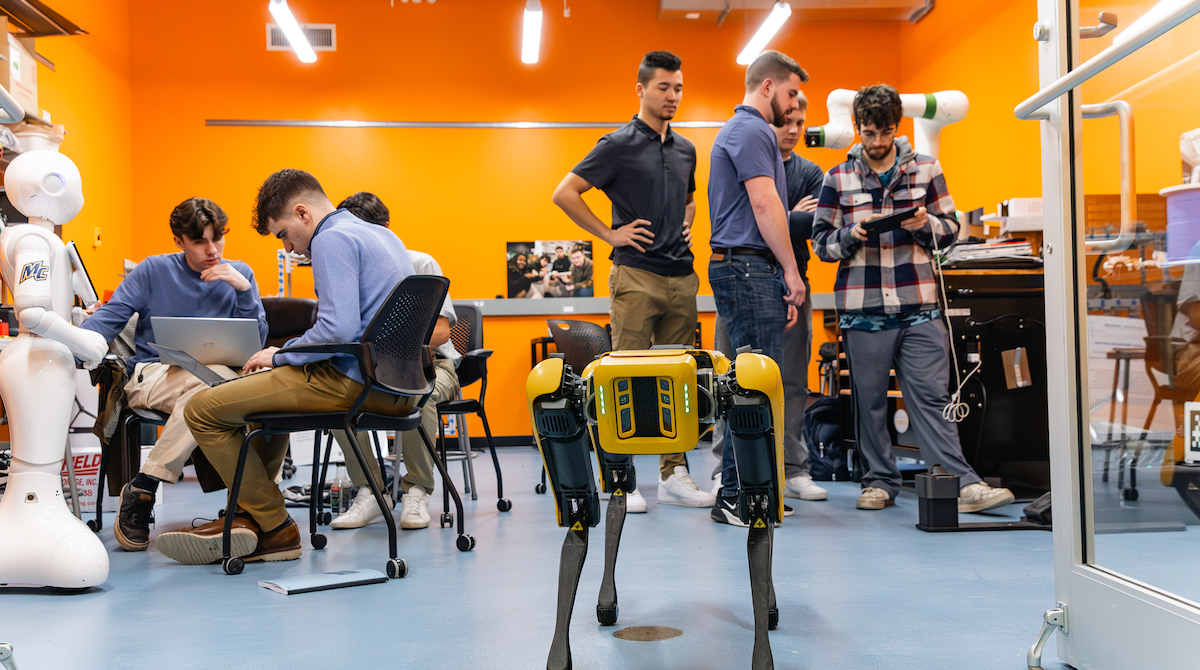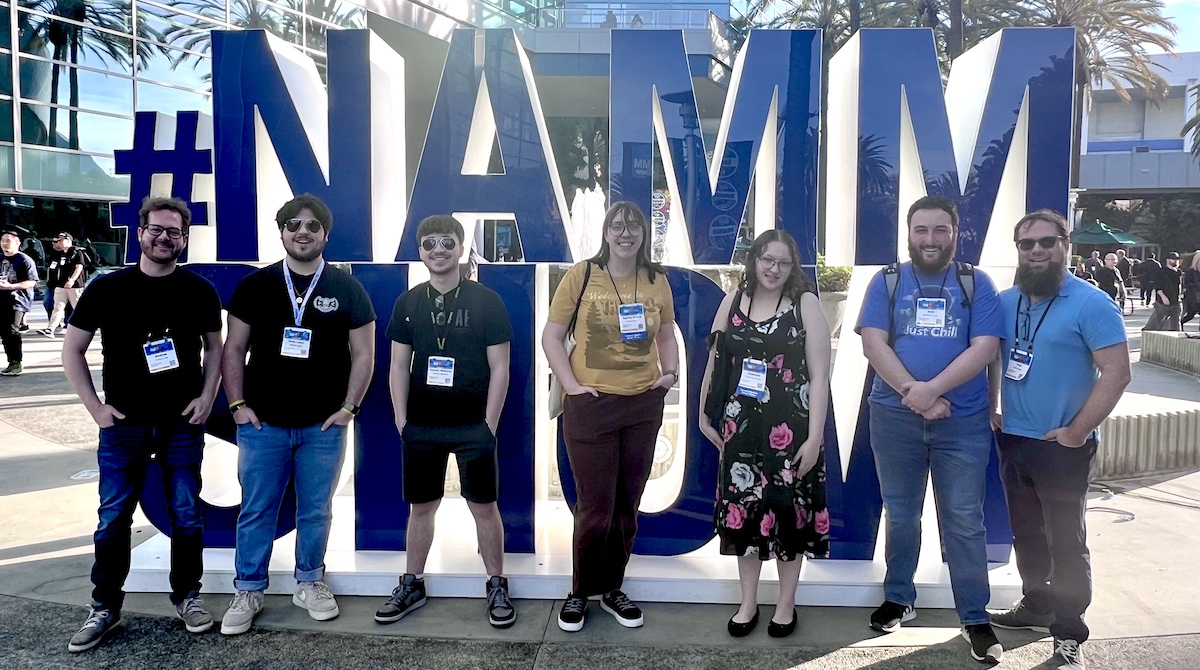Setting Red Sox ticket prices has come a long way since Tim Zue was an unpaid intern with the team in 2003.
Once determined by general estimates before the start of each season, ticket pricing is now set using a variety of data points, thanks in large part to Zue, now the executive vice president and chief financial officer for the team, spearheading greater integration of data science and analytics into many of the Red Sox’s business operations.
“I’ve been part of the journey to introduce data to inform those decisions,” said Zue, who worked as a math teacher before joining the Red Sox.
Zue shared his experiences going from intern to senior leadership and working to evolve data-driven decision making at Fenway Park during a webinar on April 20 with Merrimack College Professor Michael Bradley’s first-year data science class. Incoming data science students also attended the event.
“I’m obviously biased but you’ve made a great decision,” Zue told the students. “There is a great need for data scientists not only in sports but across industries.”
Through a myriad of analytical tools from predictive modeling to improved forecasting to real time integration Zue and his team have revolutionized how the team does business. Using customer information, Zue’s team works to ensure the right information or experience goes to the fans it will be most appealing to.
When trying to sell tickets to an upcoming Sunday day game, Zue’s team can work with the marketing department and ticket services to make points of contact with families who live within a certain number of miles from Fenway Park and have purchased tickets to similar games in the past. Or they can integrate merchandise data and advertise a game with a player bobblehead giveaway to fans who have also bought that player’s jersey.
“We are very careful to adhere to guidelines and not get anywhere close to a line that would feel intrusive when it comes to fan data,” said Zue. “By and large what we are doing with our fan data, I think most of our fans understand.”
Zue readily admitted that data and analytics should not be the exclusive point in decision making, but rather one of several factors.
“It is a balance,” he said. “On the baseball side, the best general managers balance new school data with old school scouting. There is a human element. We might have the data suggest one thing on pricing and we might decide for whatever reason to go another way.”




